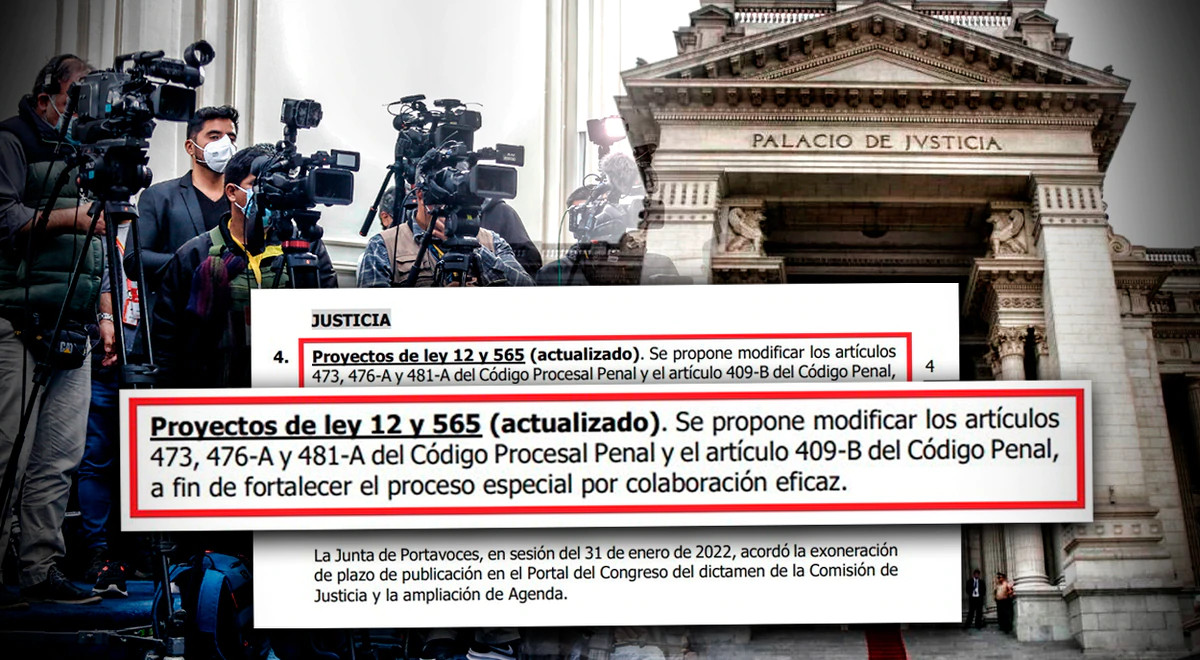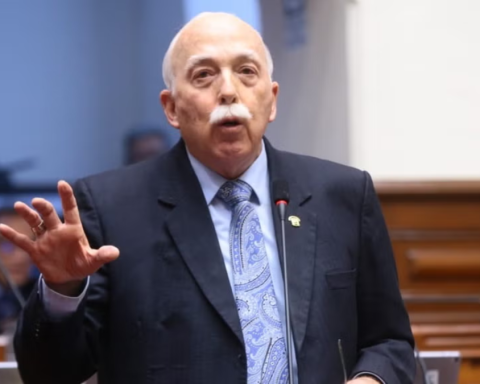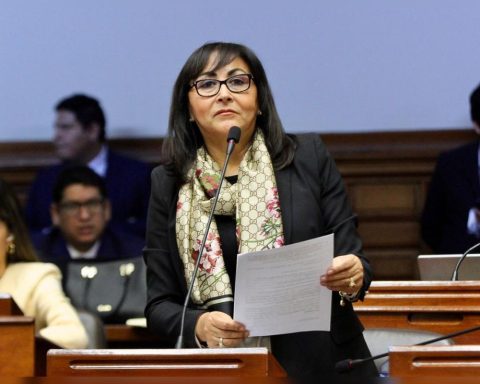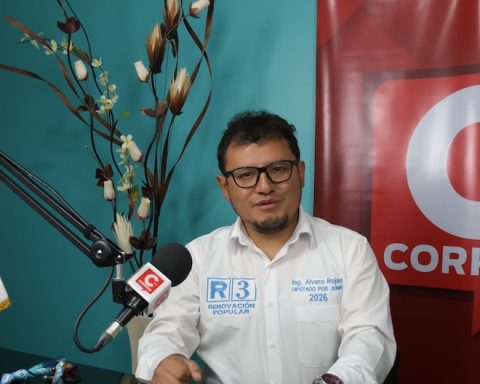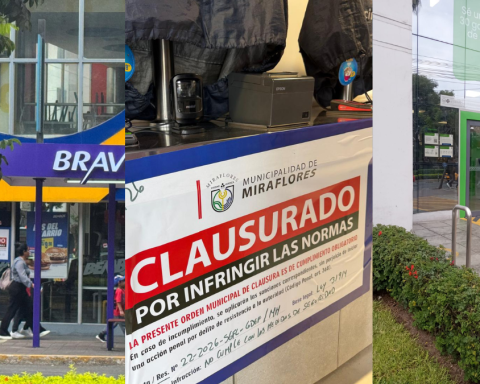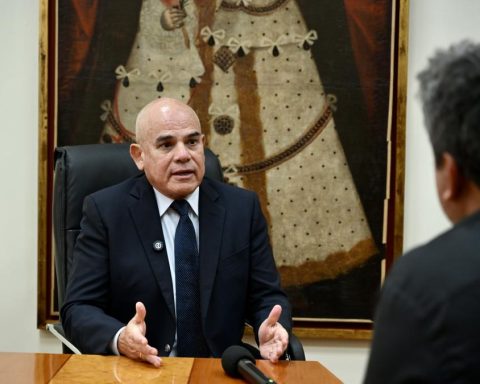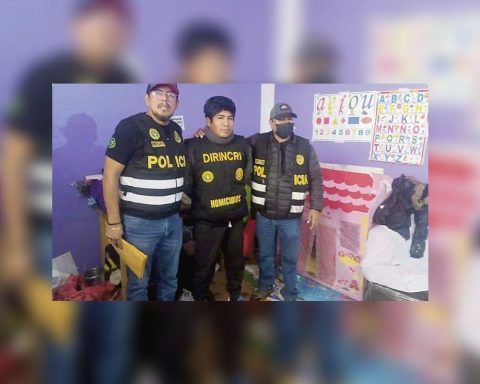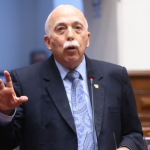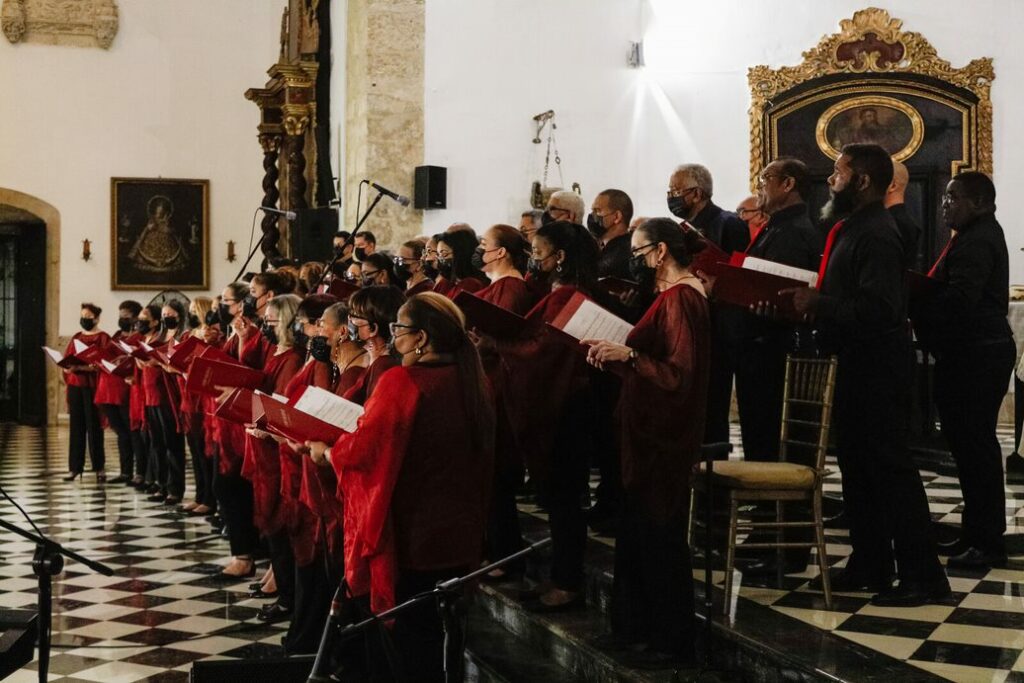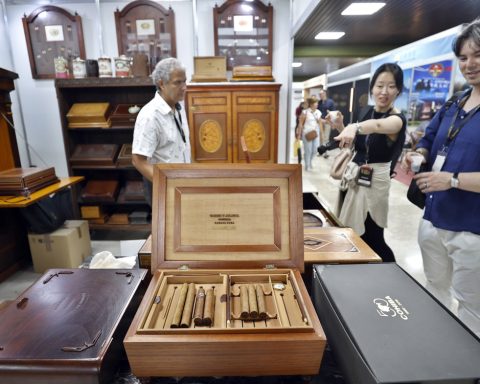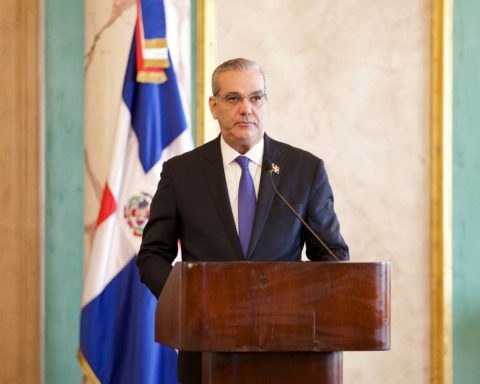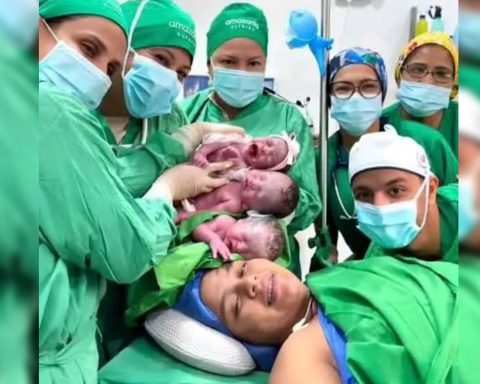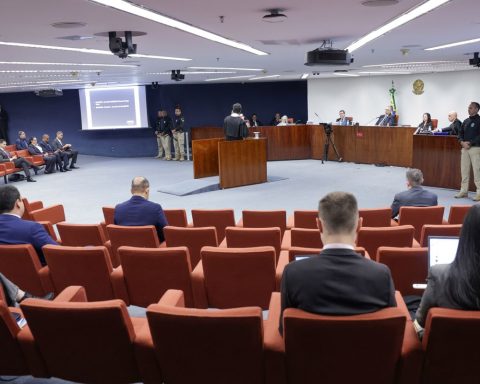Caveat. The Plenary of the Congress of the Republic scheduled for this Thursday, September 22 debate and vote on bills 12 and 365, that seek to modify the Effective Collaboration Law with the aim of criminalizing journalistic work related to disclosure of the statements of effective collaborators on various cases of corruption in the country.
This initiative, approved unanimously in the Justice Commission of the Parliament in January of this year, also has the purpose of penalize prosecutors, solicitors and judges who leak the content of testimonies, as well as putting journalists who spread information in jail.
This is how legislators will insist on these projects despite the questioning of the Judiciary, the Public Ministry and the Ministry of Justice, So, if approved, would go against freedom of information and journalistic rigor.
In the vote, within the Justice Commission, both Hernando Guerra García and Waldemar Cerrónspokespersons for the benches of People’s Force Y Free Perurespectively, voted in favor of this opinion, which attempts to modify the Effective Collaboration Law, which has served to uncover criminal organizations and identify their members.
Vladimir Cerron Y Keiko Fujimori, leaders of the Peru Libre and Fuerza Popular organizations, They are investigated for organized crime. Both would seek from Parliament to affect the rules that regulate effective collaboration, main tool used by prosecutors to fight corruption.
Previously, the president of the Judiciary, Elvia Barrios, defended the current Effective Collaboration Law and he said he hoped that each change made by Parliament would enhance “effective collaboration and not make that instrument useless in criminal proceedings.”
José Williams, president of Congress, convenes a plenary session for this Thursday, September 22. Photo: document/Congress
Prosecutors warn that project would bring “serious consequences”
For his part, the Provincial Prosecutor Jose Domingo Perez pointed out that this initiative would cause “serious consequences” to the justice system and that, if admitted by congressmen, it would end up favoring corrupt characters.
“There is, therefore, a concern about what is going to happen, because this bill, as it is written, the only thing it favors is crime”, declared the member of the Special Team in dialogue with RPP.
The same position was taken by the attorney for the Lava Jato case, Silvana Carrionwho stressed that with this ruling “the processes would be affected.” “It is trying to standardize the processing of the process without considering the high complexity of some processes, such as the cases of Lava Jato, the Construction Club or the white collars”, he explained.
Congress agenda for this Thursday, September 22, to vote on the bill that limits effective collaboration for corruption cases. Photo: capture/Congress
Modifications in the Effective Collaboration Law
The opinion that the Plenary of Congresswhich was approved by the Justice Commission to change articles of the Criminal Code and the Criminal Procedure Code, provides the following:
- Impose a period of eight months for the effective collaboration process, which is counted when the request is submitted and the agreement is signed or the request is rejected. There will only be an extension of eight months if it is the crime of organized crime or four months if a justification is presented.
- The manifestation of the applicant for effective collaboration will only be made in the presence of the prosecutor of the case and his lawyer.
- Prohibit the corroboration of the declaration of an applicant for effective collaboration with the manifestation of other applicants for the declaration.
- Punish with imprisonment for not less than four years nor more than six years anyone who identifies an effective collaborator or disseminates their partial or complete statement. When the perpetrator is a public official, the penalty shall be no less than five nor more than seven years.
